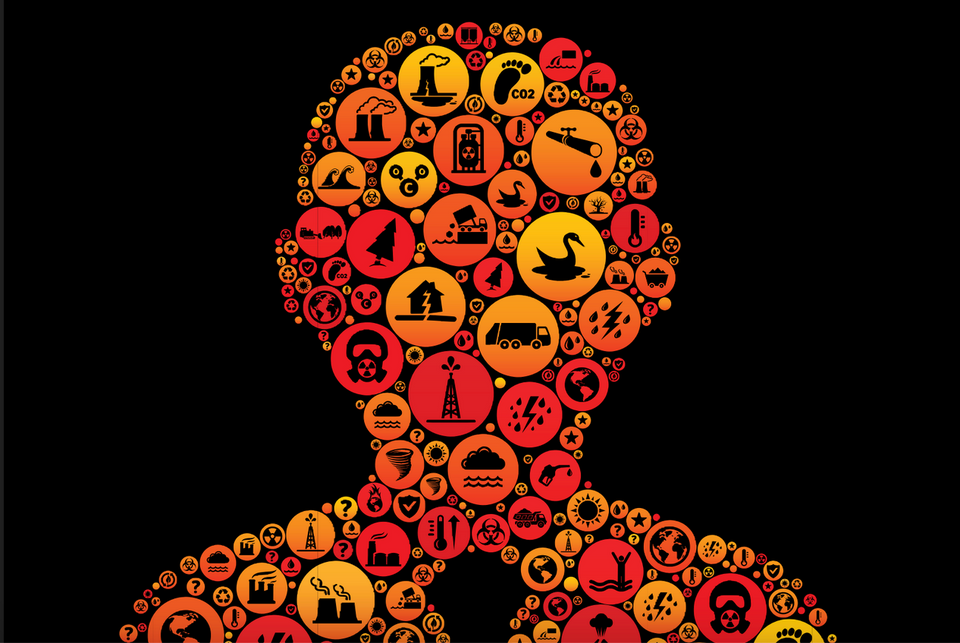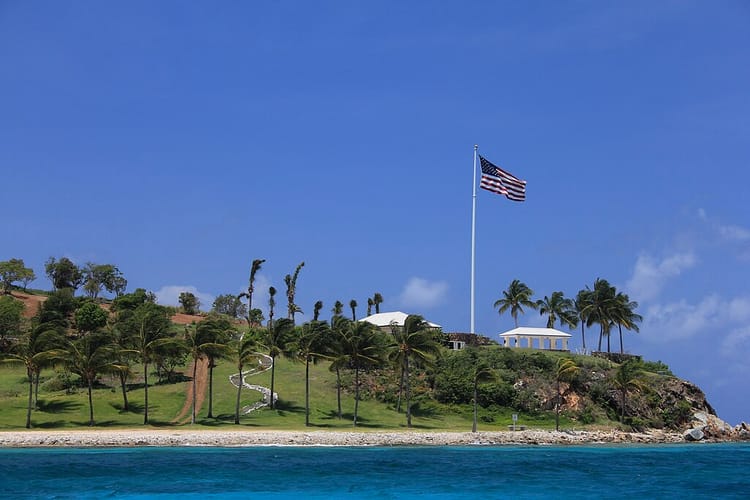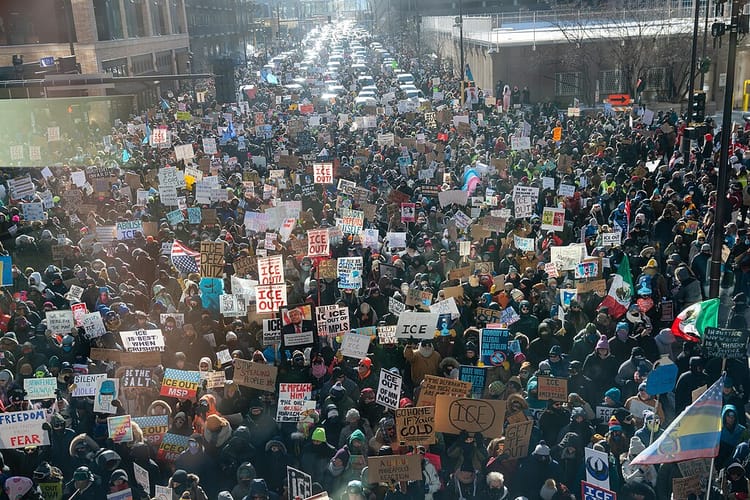Drilled Down: This Is Not the First Time Climate Has Been Part of the "Culture War"

A new report out last week from the Institute for Strategic Dialogue provides an updated look at the narrative frameworks, strategies, and key messengers of climate obstructionism. As with last month's InfluenceMap report, researchers found that "culture war" messaging is emerging as a dominant trend in climate disinformation, particularly the idea that climate policy is the realm of liberal elites, not "real" Americans, and the tendency to lump climate concerns under the umbrella of "identity politics."
There are those in the climate space—many of them climate scientists—who have argued for years that muddying the waters of climate with social justice is a losing strategy. They might imagine themselves vindicated by this report. They are not.
For a start, this messaging is not new. Corporations and others who benefit from the status quo have always dismissed environmental concerns as elitist, from Rachel Carson's "silly" concerns about the birds to the climate alarmism of coastal intellectuals. And it was the environmental movement's, and then the climate movement's, refusal to connect ecosystem destruction to the unjust power structures that catalyzed and continue to allow it, to see their issue as directly connected to other issues of inequity, that opened up the floodgates to "identity" messaging. Ignoring issues of race, class, and gender, allowing the climate movement to remain for so long a place for wealthy white people to avoid grappling with these issues, denying how they directly intersect with the climate crisis, was a weakness, not a strength. A weakness that was easily exploited, first by oil companies "wokewashing" and now by obstructionists painting climate with the "cancel culture" brush.
Here's the thing: those who oppose climate action have always, always combined that work with voter suppression, segregation, misogyny, anti-LGBTQ and anti-worker efforts together under one roof and in one message. As Nancy MacLean documented meticulously in her book Democracy in Chains, the Kochs were initially galvanized by the Brown v Board decision—they were segrationist, vote-suppressing, white supremacists who started the charter school movement as a backlash to school desegregation long before they become the kings of climate denial, and the brothers Koch and their many minions have continued to combine all the many threads of hate and control with climate obstructionism since the issue appeared on their radar. In other words, they have always seen climate as another front in the culture war. Their cohorts have similar histories. The Bradley Foundation? Anti-union, anti-school integration first, then "pro-family" (anti-women's rights) and finally anti-climate policy. Searle, Olin, Scaife...it's been suppression and oppression as an anti-regulation strategy all along, always fighting against equality and climate policy at the same time.
None of which is to say that this recent pivot of the anti-climate crowd, from greenwashing to "fuck green," isn't worth noting and tracking, just that it needn't prompt a knee-jerk reaction, a retreat away from an intersectional lens on climate.
"It's absolutely not about saying, 'oh, we need to disentangle climate from other contentious issues because they're holding climate back and we want to be as far removed from these other major battles of our time, like sexual and reproductive health rights or migration,'" the report's lead author, ISD's Jennie King, told me for an upcoming episode of the podcast. "It's more pointing out the cynical and in many ways, disingenuous use of moral panic in other areas to drive opposition to climate action. So it's about pointing out and being really explicit in saying, yeah, these actors are using racist rhetoric around Black Lives Matter, or, the enormous moral panic that we're seeing in society around the trans community as a point of entry to mobilize outrage and grievance in relation to climate change. And that is a deliberate tactic and it's part of their playbook and it needs to be consciously challenged."
Personally, I think those who would challenge this framework must first understand how old it is, how long their opponents have seen climate policy as just another regulatory control they don't want. And realize that what we're seeing now is fear. Fear that all the movements they've been fighting against might slowly be figuring out that we're fighting for the same thing and that we're stronger together.
Keep an eye out for my full interview with Jennie, coming next week. If you're already a paid subscriber, thank you! Your support is helping to fund ongoing reporting, bonus episodes, and a new season of Drilled coming soon.
If you're a free subscriber, thanks for reading! If you're able, upgrading to a paid subscription will get you access to ad-free podcast episodes, as well as subscriber-exclusive articles. Plus, your help means we can continue to keep many articles, podcasts, and presentations free for all. Thanks for reading!





